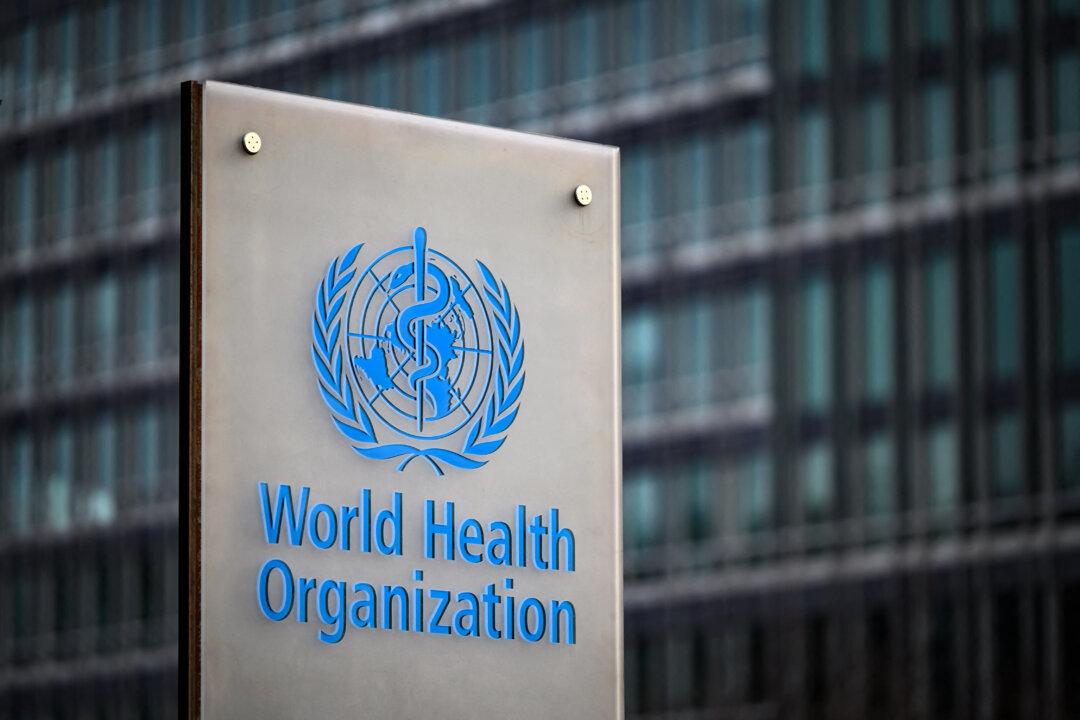New Zealand’s new tri-party coalition government has flexed its nationalist muscle with plans to implement a “national interest test” that will be applied to any prospective agreements with the United Nations (UN), and related bodies.
The new government’s stance comes as the May 2024 deadline looms for UN member states—of which New Zealand is a member—to adopt a legally binding global treaty, also known as the UN’s Pandemic Preparedness Treaty, touted to “protect and promote people’s health.”





